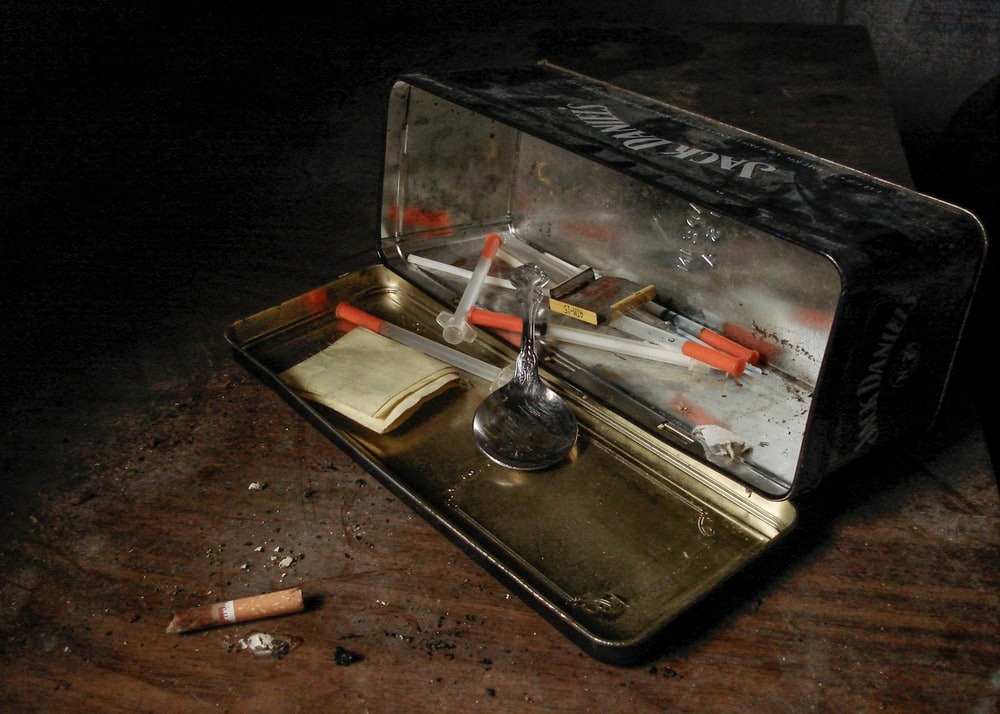A Tale of Two Drug Problems; Or, How Portugal Kicked Its Opioid Problem and the U.S. Didn't

Once upon a time, two countries had a serious drug problem.
The first, the United States, decided to try to tackle drug abuse and addiction by launching a brutal “war”, pumping out billions of dollars to imprison drug users.
The second country, Portugal, took a different approach.
In the 1990s, Portugal was in the grip of one of the worst drug epidemics in the world, with a whopping one percent of the population hooked on heroin. The government and citizens agreed that radical action was needed. So in 2001, Portugal launched a monumental experiment that decriminalized all drugs — including heroin. Under the new law, anyone found with less than a 10-day supply of drugs receives a citation. After appearing before a panel consisting of a lawyer, doctor, and social worker, they are issued a minor fine, sent to treatment, or released without penalty.
According to João Goulão, a physician who helped reform Portugal’s drug laws, few people inside Portugal opposed the drug reform.
"Every family had its own drug addict. It was so, so present in everyday life, that it turned public opinion," Goulão said on NPR’s Morning Edition. "We are dealing with a chronic relapsing disease, and this is a disease like any other. I do not put a diabetic in jail, for instance."
Portugal did, however, receive a lot of international criticism on its new policy at first. After passing the reform, inquiries from the International Narcotics Control Board were critical and reproachful.
But 17 years later, most critics are singing a different tune.
"Now things have changed completely," Goulão told reporters from VICE. "We are pointed to as an example of best practices inside the spirit of the conventions."
Instead of plunging into crisis, Portugal’s drug situation has improved dramatically. HIV infection rates have fallen a staggering 95 percent and the number of addicts has been cut in half. Instead of skyrocketing as critics predicted, drug use among all age groups is down. The number of people arrested for drug offenses has declined by more than 60 percent, which has enabled Portugal to invest more funds in treatment programs.
"It's cheaper to treat people than to incarcerate them," sociologist Nuno Capaz said on Morning Edition. "If I come across someone who wants my help, I'm in a much better position to provide it than a judge would ever be. Simple as that."
Most impressively, drug overdose death rates Portugal have plummeted to the second-lowest in the European Union. The number of overdose deaths dropped below 30 per year — compare that to the estimated 64,000 deaths in the U.S. in 2016.
The change in law wasn’t the only factor behind Portugal’s success. Much of the progress was also a result of Portugal’s free public health system and extensive treatment programs. Then there was the shift in how the country saw drug users, how addiction changed from a crime to a disease that can be treated. In a society where drug abuse is less stigmatized, addicts are more willing to seek help.
Soon, the rest of the world may follow Portugal’s example. In December, Norway became the first Scandinavian country to decriminalize all drugs, citing Portugal as inspiration. Nicolas Wilkinson, health spokesman for the Socialist Left party, explained that it’s time to “stop punishing people who struggle, but instead give them help and treatment.” France and other European countries may soon follow suit.
Meanwhile, the U.S. — the other country in our tale of two drug problems, if you recall — is continuing to flail. Twenty years after the war on drugs launched, Americans are being killed off by a deadly opioid epidemic. Though at least 22 states have decriminalized recreational marijuana, panic following skyrocketing opioid overdose rates has given rise to proposals for even stricter drug laws.
By any measure and metric, the U.S.’s war on drugs has been a disaster. It’s time to start unwinding the harm our policy of punishment and coercion has done, and look to pioneers like Portugal who have managed to tame their opioid problem while ours surges out of control.
0 Comments Add a Comment?